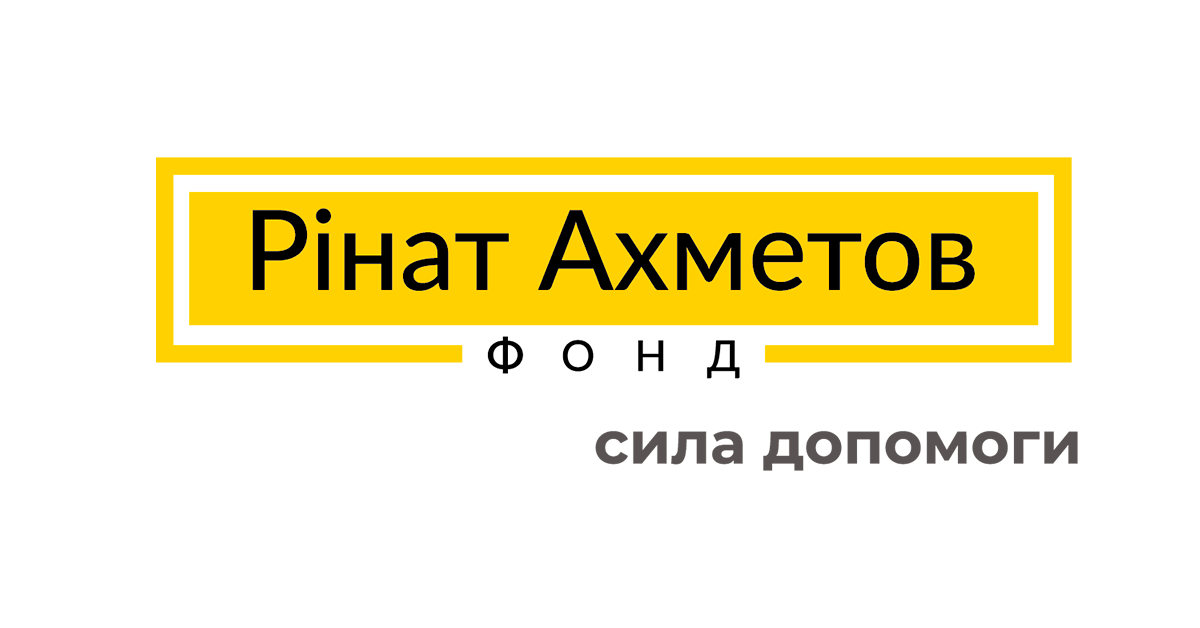Training centre for fighting TB of Rinat Akhmetov Foundation trains Ukrainian physicians in the national and world treatment standards

Alongside with providing prompt and high-quality TB diagnostics within the “Stop TB in Ukraine” program, Rinat Akhmetov Foundation actively develops the competence of medical and non-medical workers by training them in the national and world TB treatment standards at its Training Centre.
Tatiana Borodina, coordinator of this centre, tells about peculiarities, results of work and plans for development of the Training Centre for fighting the TB epidemics.
Tatiana, please, tell us about the Training Centre. What is it? Who undergoes training there?
Training Centre is the centre for practical training in fighting TB established by Rinat Akhmetov Foundation “Development of Ukraine” in 2010. It was opened on March 24, specially on the World Tuberculosis Day, within the framework of program on fighting TB epidemics in Donetsk region, implemented by the foundation together with the Donetsk Regional State Administration and the Regional Council.
The main goal of the Training Centre is training specialists of different categories in the national and world standards of providing medical and psychological aid to the TB patients and their relatives.
The centre conducts training for medical workers of phthisiology service and the general medical network as well as for non-medical workers (caseworkers, volunteers, representatives of public organizations, mass media).
Trainings are conducted on the basis of the Donetsk Regional Clinical Tuberculosis Hospital. The necessary modern equipment provided in the Training Centre helps to make the training process efficient and convenient to the greatest possible extent, thus enabling to hold online consultations and seminars.
Who conducts the training? What are the main directions?
Training is conducted by expert trainers of the national and world level, these are practicing physicians, who, on a daily basis, improve the knowledge and skills they teach. 70% of time is intended for practical work in particular: resolution of clinical tasks, practical classes in a hospital, consideration of the legislative basis etc. Subjects of trainings include TB prevention and detection, laboratory diagnostics, infection control, management of cases of multi-resistant tuberculosis.
How efficient the conducted trainings are? How do you monitor the skills that the participants use in future in their work?
Before training, we conduct computer testing, after training – retesting. After analysing result of these tests, we can see how the awareness level of our students increased. Thus, by the results of the pre-training testing of all trainings conducted in 2013, the average grade is 50.52% (min – 35, max – 76); and by the results of the post-training testing – 72.63% (min – 76, max – 94). Therefore, the level of awareness improvement is 22.11%, as compared to 18% in 2012. That is why we can speak of increase in the efficiency of informing students in the training process.
Also, after each training, we conduct monitoring and evaluation of the received knowledge and skills of all the participants. Evaluation consists of three stages. The first stage is conducted upon the training completion: all participants fill out special forms, in which they assess the training efficiency, the gained knowledge and skills and indicate specific actions that they will perform after training. The second stage is conducted in three months after training. This is when we evaluate performance of specific actions of all participants in applying knowledge and skills they described upon the training completion as well as distribution of the received information among their colleagues. The third stage of evaluation is conducted during one year at the workplace of participants pursuant to a specially developed form, in which several key skills are singled out for each training. Unfortunately, the third stage does not involve all of the participants due to the great load on trainers (only a specialist can evaluate the accuracy of performing skills), but we are constantly improving the evaluation system of introducing the received knowledge and skills on site.
By the results of such evaluation, 77% of the training participants use the gained knowledge and skills at their workplaces. 89% share these knowledge and skills with their colleagues (hold seminars, share training materials, tell about the gained knowledge in informal conversations). 75% of the interviewed noted that their participation in training influenced the work of medical preventive institution, in some institutions, the DOT-room was relocated; rules for wearing and keeping respirators came to be strictly followed; documentation management improved.
Who can undergo training at the Training Centre? How can one apply for training?
Starting from 2013, we changed the policy for selecting students. Previously, chief physicians of medical institutions or participants themselves sent us their applications for training; we evaluated all applications and selected participants with high motivation for training. In 2013, we started selecting candidates exclusively by the results of monitoring visits performed by medical workers of anti-TB service. This means that now we train those people who really need it and give them the particularly required knowledge.
This year, we established one more innovation: we want to test and evaluate a new training model “evaluation – training – evaluation of influence”. This means that at first, we perform preliminary evaluation of the situation and define “sore spots”, then we conduct training, and in the end, we evaluate the influence of training and its contribution into fighting TB. At the beginning of the year, representatives of the Training Centre, “Ukrainian Centre for Control over Socially Dangerous Disease”, РАТН and Chemonics visited Zaporizhzhia region in order to make a preliminary evaluation of the situation. Pursuant to the results of this visit, curriculum is being developed. At the beginning of 2016, we plan to perform re-evaluation – influence of training on the TB situation in the region.
We constantly follow the training tendencies and requirements. For example, this year at the end of January and in February we conducted training for two groups of out-of-staff specialists in nursing. The need for such training matured by itself, since function of TB detecting and aftercare at the outpatient stage rests with the general medical network. Nurses face many questions: how many and what specific type of respirators to purchase, how to conduct the respirators’ closely fitting test for workers involved in TB detection, how to develop the right plan for infection control at the institution, how to take measurements of work efficiency of ultraviolet radiators etc. The conducted training enabled chief out-of-staff specialists to receive the required knowledge and, as a result, helps to reduce the morbidity among workers of the general medical network.
What are the results of work of the Training Centre? What key moments of the last year would you single out?
In 2013, 1,040 specialists underwent training in the centre, 474 of them took part in a number of seminars, 30 training events were held. For the time our Training Centre exists, the total number of those who underwent our training made up 3,163 specialists, and the total number of training events held is 145.
A significant moment was the visit of the international expert of the World Health Organization (WHO) Vaira Leimane in April last year. Purpose of her visit was to evaluate the Training Centre’s readiness to gain the collaborative status (centre of cooperation) with the WHO in Ukraine. Such status will enable the Training Centre to confirm following not only national but also world standards of training in fighting TB, and will give an opportunity to widely share the experience with foreign colleagues.
Vaira Leimane noted a high level of work of the Training Centre and gave a number of recommendations on improvement. Now we are working on our developed plan for implementing those recommendations.
In particular, in September 2013 we signed Memorandum on cooperation with the Ukrainian Centre for Control over Socially Dangerous Diseases of the Ministry of Health of Ukraine (UCCD). During the year, with joint efforts, we standardized all curricula and modules, requirements to the training participants, preparation of trainers, created a unified database of all training participants. Since October 2013, we have started teaching English to our trainers. UCCD reconsiders and updates the training module on fighting multi-resistant TB.
As a result, in January 2014 we received a letter from the WHO about their intention to grant the collaborative status to the Training Centre provided that we implement all the recommendations and develop a detailed plan. Currently we are undergoing all the necessary procedures and continue complying with the recommendations.
What are plans for development of the Training Centre in 2014?
We will continue training together with the UCCD. This year, we will concentrate on Luhansk, Odesa, Zaporizhzhia, Mykolaiv regions. Now we are performing assessment in these regions and planning training for 2014.
We plan on developing and extending the range of services – online consultations in phthisiology. This project, «Telemedicine», was launched by Rinat Akhmetov Foundation “Development of Ukraine” at the end of 2013 on the basis of the Regional Clinical Tuberculosis Hospital (Donetsk). It enables to reduce the time necessary for the Ukrainian patients to receive timely and precise diagnosis and treatment as well as promotes professional growth of physicians.
In addition, this year we plan to conduct training in operational research – such type of research is very important as it shows success or non-success of programs and projects. In April, we are going to conduct training in monitoring and evaluation with participation of the WHO international expert Araksiia Hofhanesian.
Currently, we are completing a unified all-Ukrainian training plan which will soon be available from www.stoptb.in.ua.




